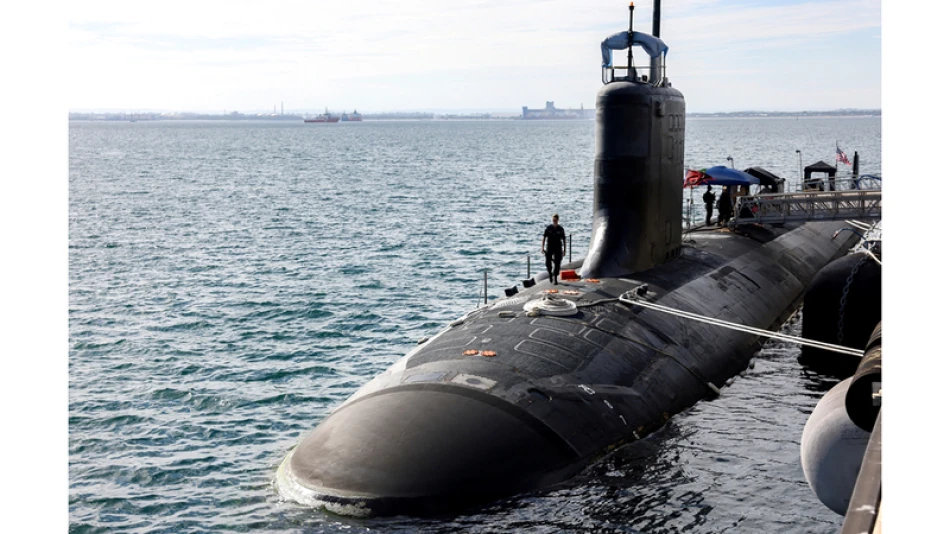
Australia's Strategic Needs Misaligned with 'AUKUS' Submarine Deal
The AUKUS submarine deal between Australia, the US, and Britain looked brilliant on paper when it was signed in 2021. But three years later, what was supposed to be a strategic masterstroke against China's rise has turned into what critics call a bureaucratic mess that's way over budget and doesn't match Australia's actual defense needs.
Australia won't receive any submarines until 2040 under the current timeline. By then, China's navy will have deployed more than 100 modern nuclear-powered submarines. Meanwhile, Australia is locked into paying for this deal for the next 15 years or longer if delays continue.
The original plan seemed straightforward: replace Australia's aging submarine fleet through a streamlined multinational process, getting more modern and compatible systems from America and Britain. Australia was so confident in AUKUS that it broke a major contract with France to make it happen - a breach of trust Paris won't forget.
But here's where it gets messy. This isn't just about two allies failing to deliver on promises to Australia. It's about decades of poor management of defense manufacturing capabilities across all three countries.
Since the 1970s, Western countries bought into the idea that they could simply move manufacturing jobs to developing nations like China and reap huge profits. The strategy worked financially but came at the cost of national security. Today, US shipbuilding, especially submarine construction, is drowning in debt and delays.
Australian taxpayers are now pumping billions into UK and US shipyards, training programs, and supply chains while those countries struggle to meet their AUKUS commitments. Some observers suggest Australia would have been better off sticking with its original French agreement.
The bigger problem is that Australia, like many US allies, is trying to rebuild its navy as a smaller version of the American fleet. Instead, experts argue Australia should focus on its natural strategic advantages: its position at the gateway to the Indo-Pacific region, rich ports, relatively stable government, and untapped industrial capabilities.
China remains the most serious threat Australia faces, but after years of failed promises, AUKUS clearly isn't solving Australia's defense problems. The deal has become a 15-year debt obligation that may not deliver the security benefits Australia desperately needs in a rapidly changing region.
Most Viewed News

 Sara Khaled
Sara Khaled






